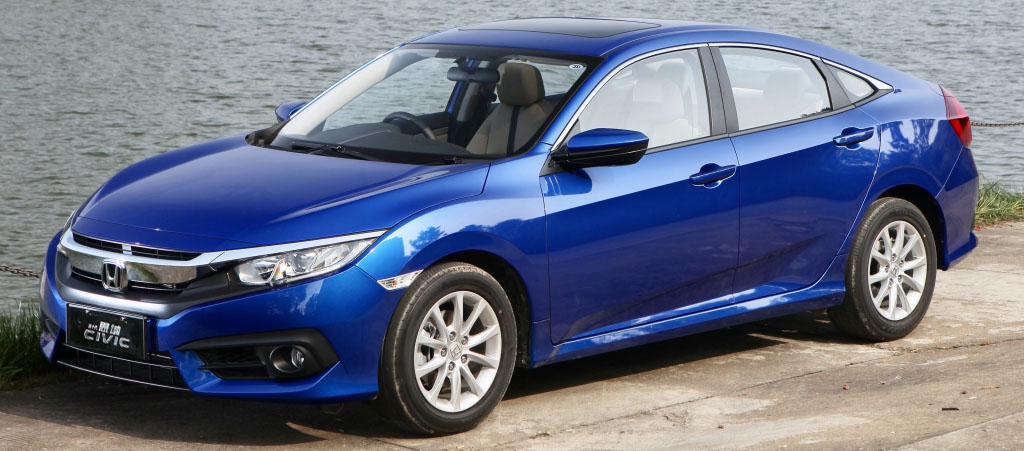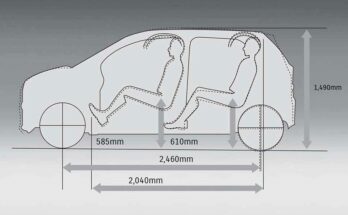Though we may dearly love our old car, it is NOT going to last forever without a lot of repair expense. After so many years & thousands of kilometers on the odo, parts start to wear out, break, and fail. The possible way to save money on repairs is to sell or trade your old vehicle before it reaches the point where it is going to break your budget to keep it running.
Major repairs like a transmission or engine can be quite expensive. In an old car, these repairs often cost more than the vehicle is worth. Changing your oil, other fluids and filters regularly can surely help prolong the life of the engine (and perhaps the transmission, too). However, even highly maintained vehicles eventually reach the point where parts start to fail.
Related: 8 Ways to Make Your Old Car Feel New
The parts most likely to need replacing include the battery, alternator, water pump, fuel pump, brake calipers and rotors, clutch, electronic modules, various sensors (oxygen, throttle position, mass airflow, etc.), catalytic converters, exhaust pipes, and mufflers. Not all of these components are budget busters, though some parts and modules can easily cost you a lot of money for repair or replacement. It’s when you start adding up multiple repairs and repeat repairs that the cost of keeping your old car running starts to make less and less sense.

So when should you get rid of your ride? A lot depends on how you maintain your car, but generally speaking, it’s a safer practice to trade off your vehicle before the odometer turns 100,000 km. However modern cars, if kept properly can give you a trouble-free ownership experience of up to 200,000 km or more.
Related: What Goes Wrong with Your Car and When?
However you may still need to consider selling your car sooner if most of your driving is in stop-and-go city traffic, and you start to experience problems and components start giving troubles. But if most of your driving is done on the highway, you may use the vehicle in a trouble-free state for a couple of more years or add a few thousand kilometers before deciding to sell it off.
Else, get rid of it before it reaches its 8th birthday. It might still be running good and may have not cost you a much yet in repairs, but that isn’t going to last. In such a case, the probability of an expensive repair hitting you sooner rather than later are going up the longer you wait.
Other than the vehicle giving troubles or becoming old, lifestyle changes may also dictate time for a change. Has your family size increased? Do you have longer or shorter commutes to work? Or perhaps a new vehicle that’s more suited to your driving habits is needed (you own a manual but now want an automatic car etc).
Related: Are Used Imports A Blessing?
Consider these steps before making a decision to switch your car.
- Cost of a new car: calculate how much you spend maintaining your current ride (maintenance, repairs, fuel, tax etc) & how much extra you will have to pay buying the new one (including registration, taxation, insurance etc).
- Determine the value of your current car based on its condition and reputation of that make/ model in the used car market.
- Getting a car on lease/ financing will eat more out of your pocket versus maintaining your current (old) ride, or buying a new one on cash. Do the math..
- Consider the fuel consumption/ efficiency of the new car. Are you upgrading from an 800cc hatchback to a 1300 sedan? An old 1300cc sedan to a 660cc JDM? Or shifting to a hybrid etc.
- Check for the warranty period. It varies as per make/ models/ manufactures. Some cars come with 2 year warranty, some with 3 years. Some offers up to 50,000km, some even more.. It’s an important deciding factor.
- Consider the after sale support of the manufacturer. If you are buying a car that has no 3S (sales/service/spare) facility in your vicinity, you may look for another option.

A computer animation professional with over 23 years of industry experience having served in leading organizations, TV channels & production facilities in Pakistan. An avid car enthusiast and petrolhead with an affection to deliver quality content to help shape opinions. Formerly written for PakWheels as well as major publications including Dawn. Founder of CarSpiritPK.com





